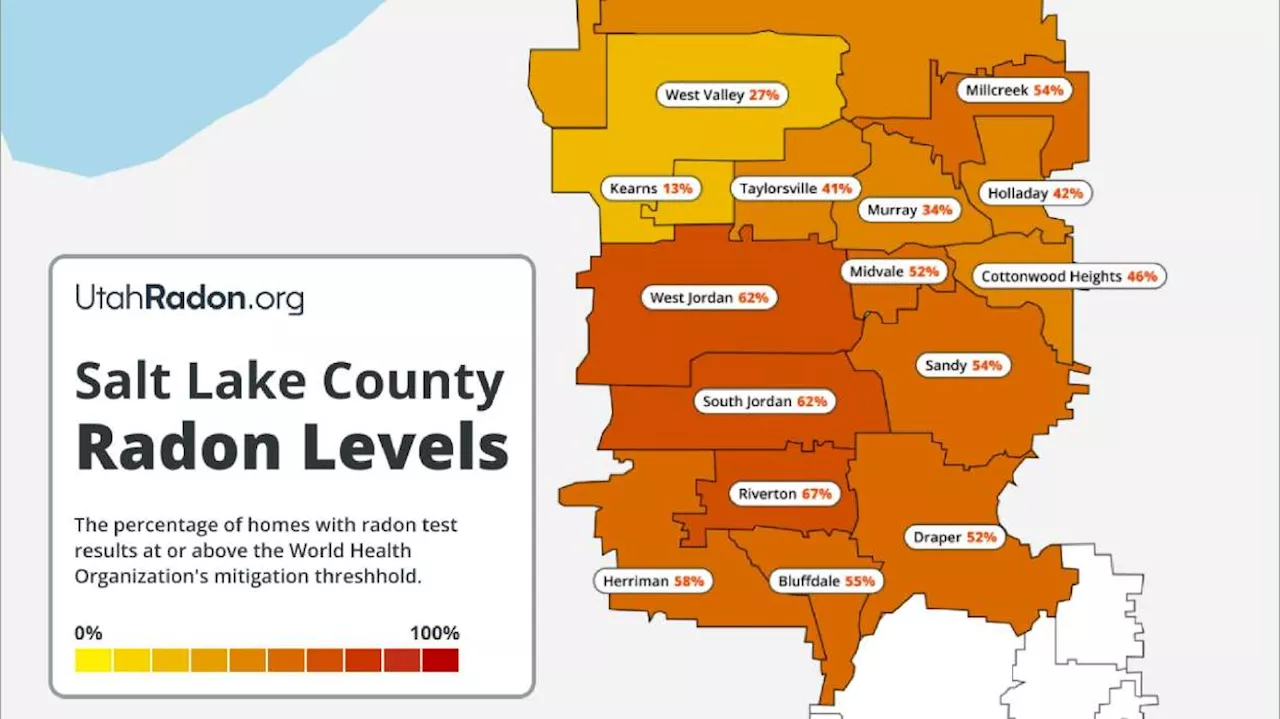A new AI tool called ORACLE developed by researchers at the H. Lee Moffitt Cancer Center & Research Institute can predict lung cancer survival at the point of diagnosis more accurately than current clinical risk factors. This groundbreaking technology could revolutionize cancer treatment by enabling more personalized and effective treatment strategies.
Researchers from the H. Lee Moffitt Cancer Center & Research Institute have developed a groundbreaking artificial intelligence (AI) tool called ORACLE that demonstrates remarkable potential in predicting the survival rates of lung cancer patients at the time of diagnosis. This innovative test surpasses the accuracy of conventional clinical risk factors, paving the way for more personalized and effective treatment strategies.
ORACLE leverages the power of AI algorithms trained on extensive datasets of CT scans and patient information to analyze the unique characteristics of each lung nodule. By identifying subtle patterns and correlations that may escape human detection, the AI system can generate highly precise predictions regarding the likelihood of survival for individual patients. This advancement holds immense promise for guiding clinical decision-making and optimizing treatment plans.Traditionally, lung cancer patients have been broadly classified into two categories: those who would respond favorably to immunotherapy and those who were unlikely to benefit. However, ORACLE's ability to provide individualized predictions challenges this simplistic approach, enabling oncologists to tailor treatment regimens based on each patient's unique prognosis. This shift towards precision medicine has the potential to significantly improve patient outcomes and reduce unnecessary treatments
AI Cancer Lung Cancer Predictive Modeling Treatment
United States Latest News, United States Headlines
Similar News:You can also read news stories similar to this one that we have collected from other news sources.
 Johnson & Johnson's Lung Cancer Drugs Show Longer Survival Than AstraZeneca's TagrissoA clinical trial shows J&J's combination therapy extending survival for at least a year longer than Tagrisso. This breakthrough could change the treatment landscape for non-small cell lung cancer with EGFR mutations.
Johnson & Johnson's Lung Cancer Drugs Show Longer Survival Than AstraZeneca's TagrissoA clinical trial shows J&J's combination therapy extending survival for at least a year longer than Tagrisso. This breakthrough could change the treatment landscape for non-small cell lung cancer with EGFR mutations.
Read more »
 J&J's Lung Cancer Drug Combo Shows Survival Advantage Over AstraZeneca's TagrissoA combination of Johnson & Johnson's lung cancer drugs, Rybrevant and Lazcluze, has demonstrated a statistically significant improvement in survival compared to AstraZeneca's Tagrisso in a clinical trial.
J&J's Lung Cancer Drug Combo Shows Survival Advantage Over AstraZeneca's TagrissoA combination of Johnson & Johnson's lung cancer drugs, Rybrevant and Lazcluze, has demonstrated a statistically significant improvement in survival compared to AstraZeneca's Tagrisso in a clinical trial.
Read more »
 Johnson & Johnson's Lung Cancer Drug Combo Shows Longer SurvivalJohnson & Johnson (J&J) announced that a combination of its lung cancer drugs, Rybrevant and Lazcluze, extended survival by at least a year compared to AstraZeneca's Tagrisso in a clinical trial. J&J aims to challenge Tagrisso's dominance as a leading treatment for non-small cell lung cancer with EGFR mutations.
Johnson & Johnson's Lung Cancer Drug Combo Shows Longer SurvivalJohnson & Johnson (J&J) announced that a combination of its lung cancer drugs, Rybrevant and Lazcluze, extended survival by at least a year compared to AstraZeneca's Tagrisso in a clinical trial. J&J aims to challenge Tagrisso's dominance as a leading treatment for non-small cell lung cancer with EGFR mutations.
Read more »
 US Women Under 65 Now More Likely to Develop Cancer Than MenA new report from the American Cancer Society reveals a concerning trend: working-age women in the US are now more likely to develop cancer than men of the same age. The rate of cancer in women under 65 has been steadily increasing, crossing a significant threshold in the latest report. Researchers are particularly alarmed by the rise in lung cancer cases among women under 50, which are now 82% higher than in men. Although breast cancer remains the biggest risk, the report highlights the need for further investigation into environmental factors contributing to the increase in lung cancer. The report also emphasizes racial disparities in cancer detection, treatment, and survival rates.
US Women Under 65 Now More Likely to Develop Cancer Than MenA new report from the American Cancer Society reveals a concerning trend: working-age women in the US are now more likely to develop cancer than men of the same age. The rate of cancer in women under 65 has been steadily increasing, crossing a significant threshold in the latest report. Researchers are particularly alarmed by the rise in lung cancer cases among women under 50, which are now 82% higher than in men. Although breast cancer remains the biggest risk, the report highlights the need for further investigation into environmental factors contributing to the increase in lung cancer. The report also emphasizes racial disparities in cancer detection, treatment, and survival rates.
Read more »
 Retired DEA Agent Battles Stage 4 Lung CancerKeith Martin, a former Special Agent in Charge for the Drug Enforcement Administration, faced a new threat after retiring in 2022. Diagnosed with stage 4 lung cancer, Martin endured multiple hospitalizations and complications. Despite facing a difficult prognosis, Martin remained determined to fight and is currently undergoing a new targeted therapy.
Retired DEA Agent Battles Stage 4 Lung CancerKeith Martin, a former Special Agent in Charge for the Drug Enforcement Administration, faced a new threat after retiring in 2022. Diagnosed with stage 4 lung cancer, Martin endured multiple hospitalizations and complications. Despite facing a difficult prognosis, Martin remained determined to fight and is currently undergoing a new targeted therapy.
Read more »
 New data reveals Utah cities at highest risk for radon-induced lung cancerThe release of the largest dataset of Utah radon test results shows the deadly gas is even more common in Utah homes than previously understood.
New data reveals Utah cities at highest risk for radon-induced lung cancerThe release of the largest dataset of Utah radon test results shows the deadly gas is even more common in Utah homes than previously understood.
Read more »
